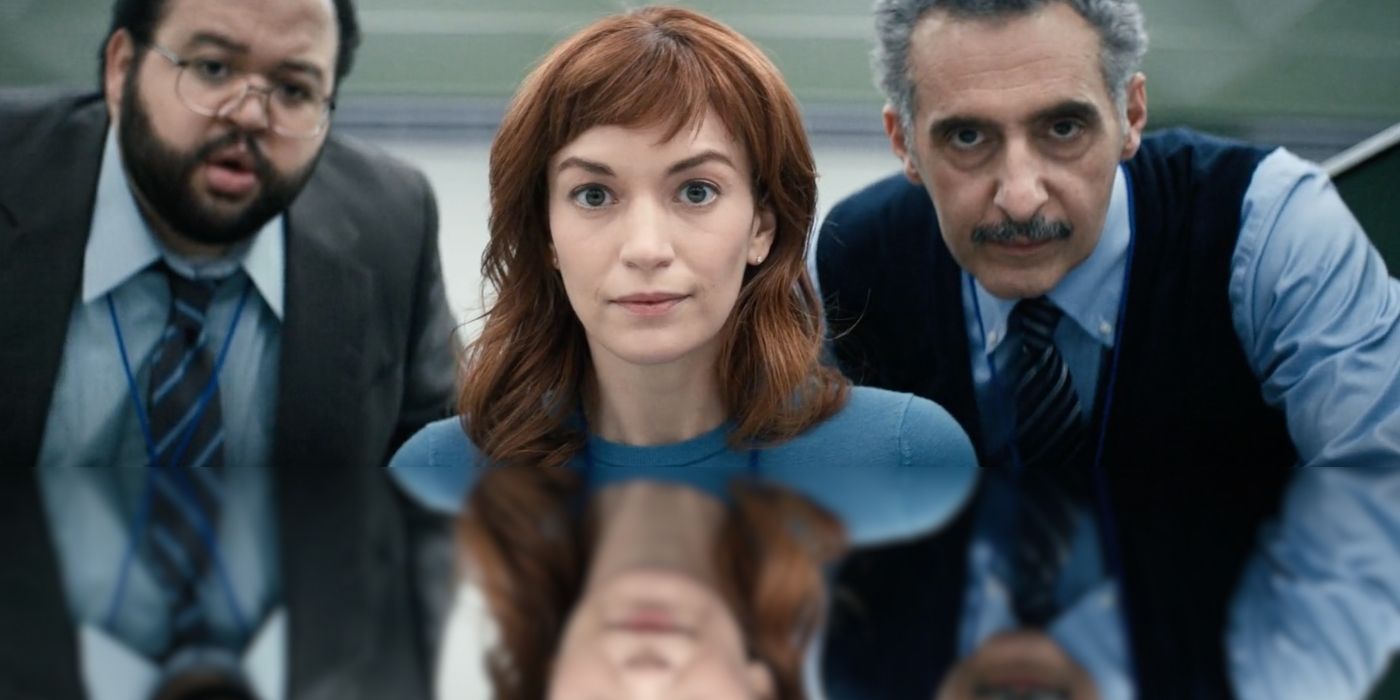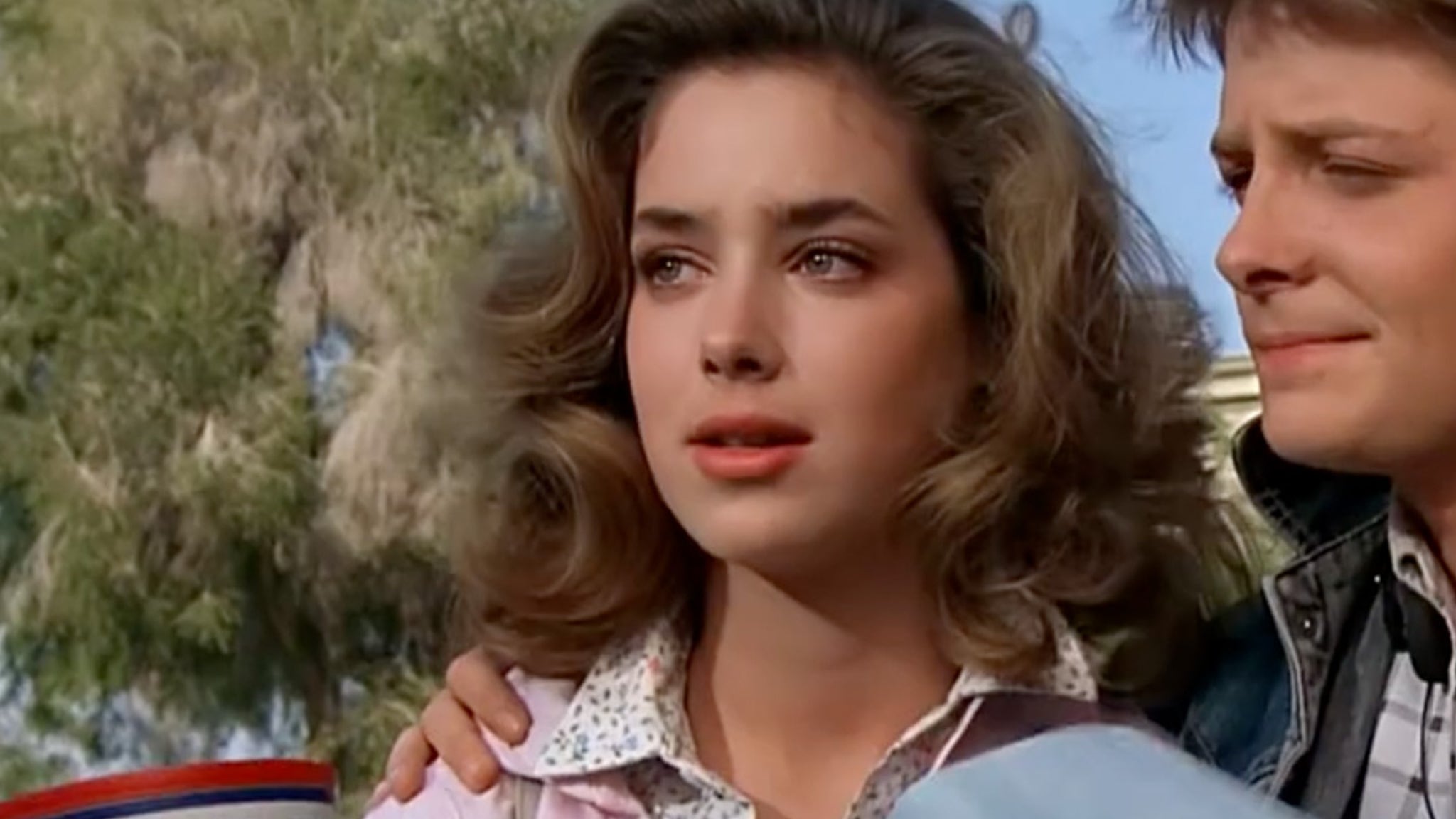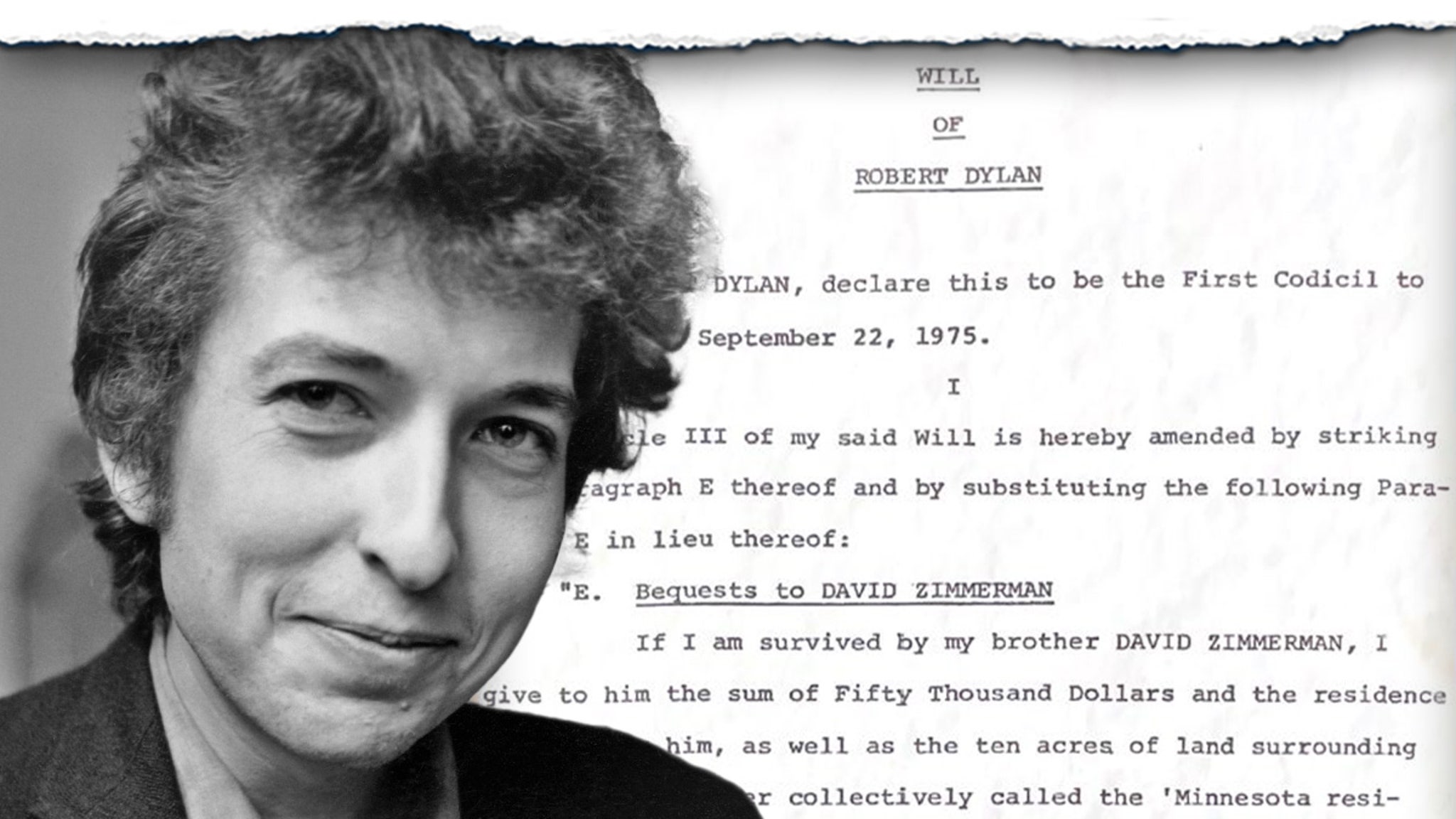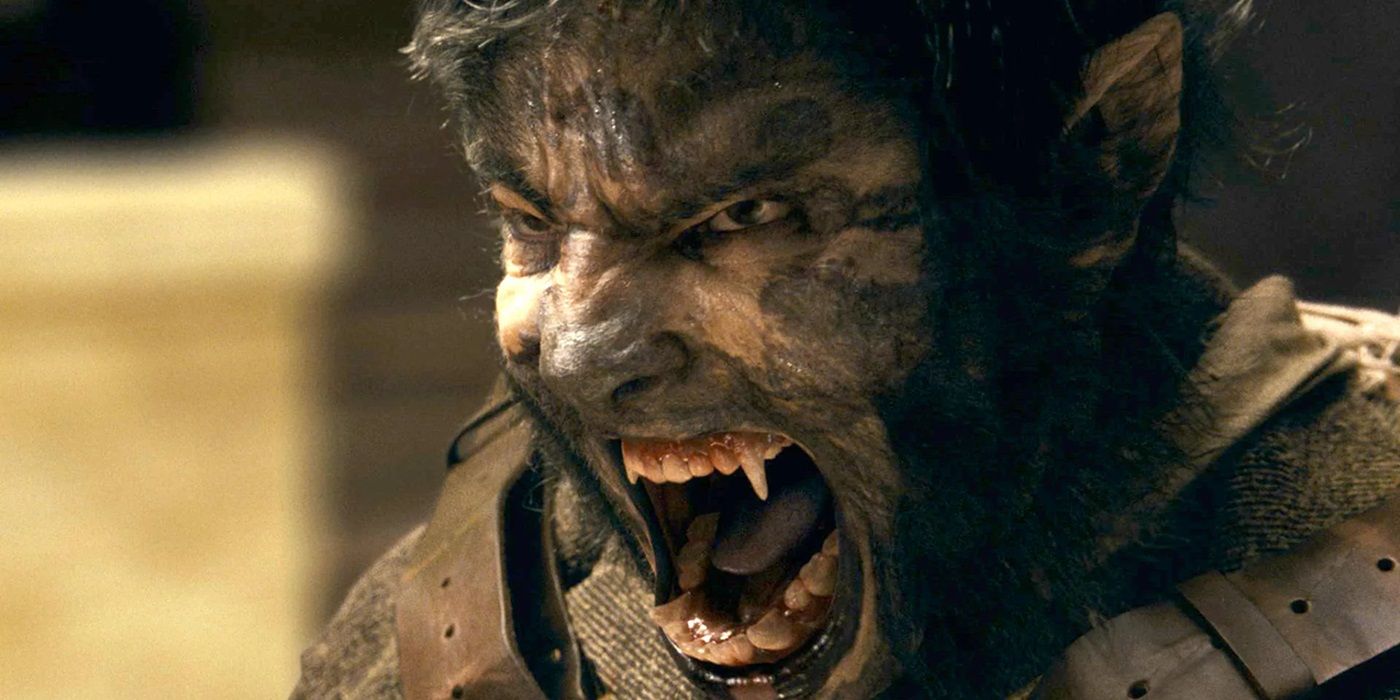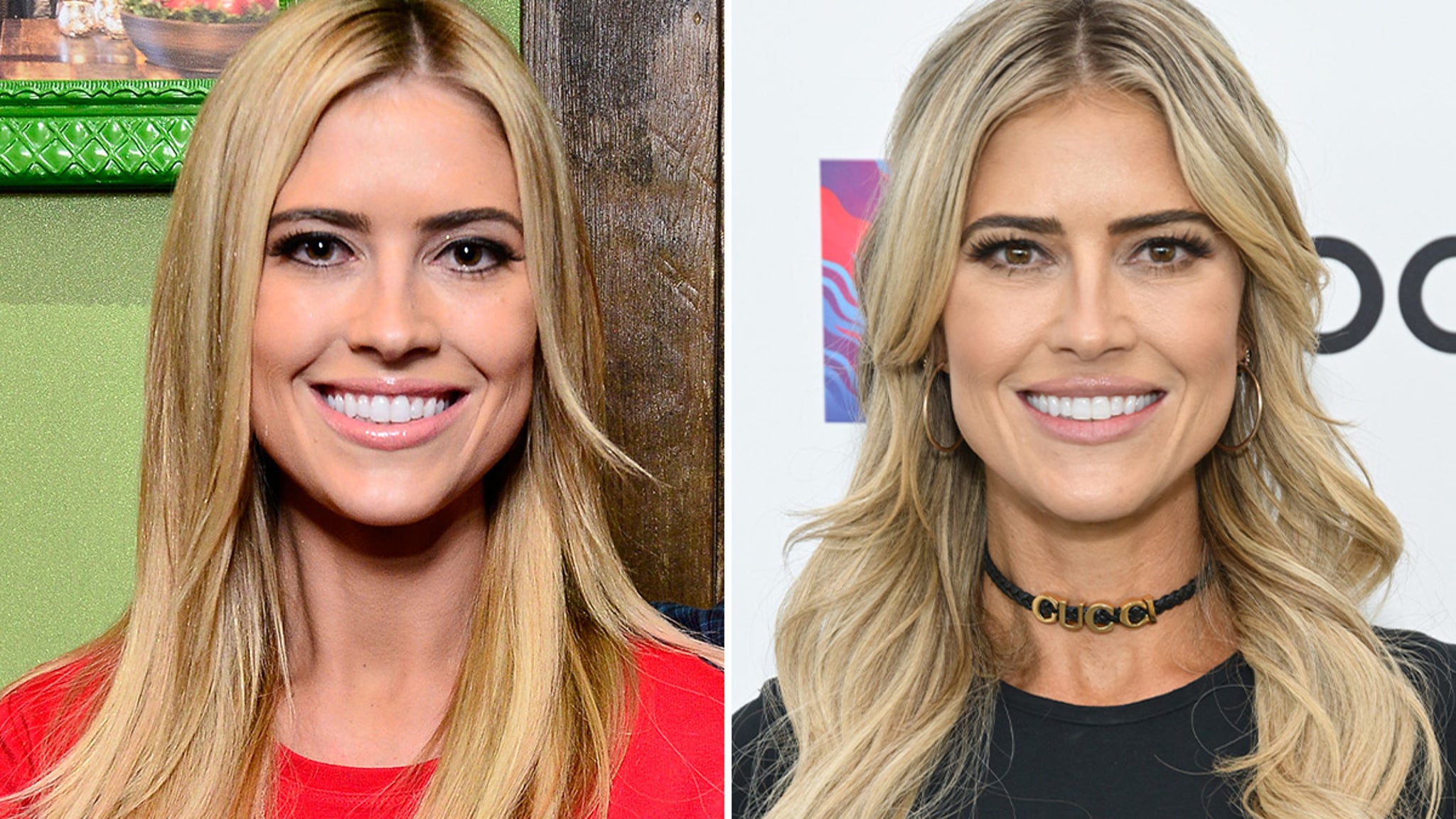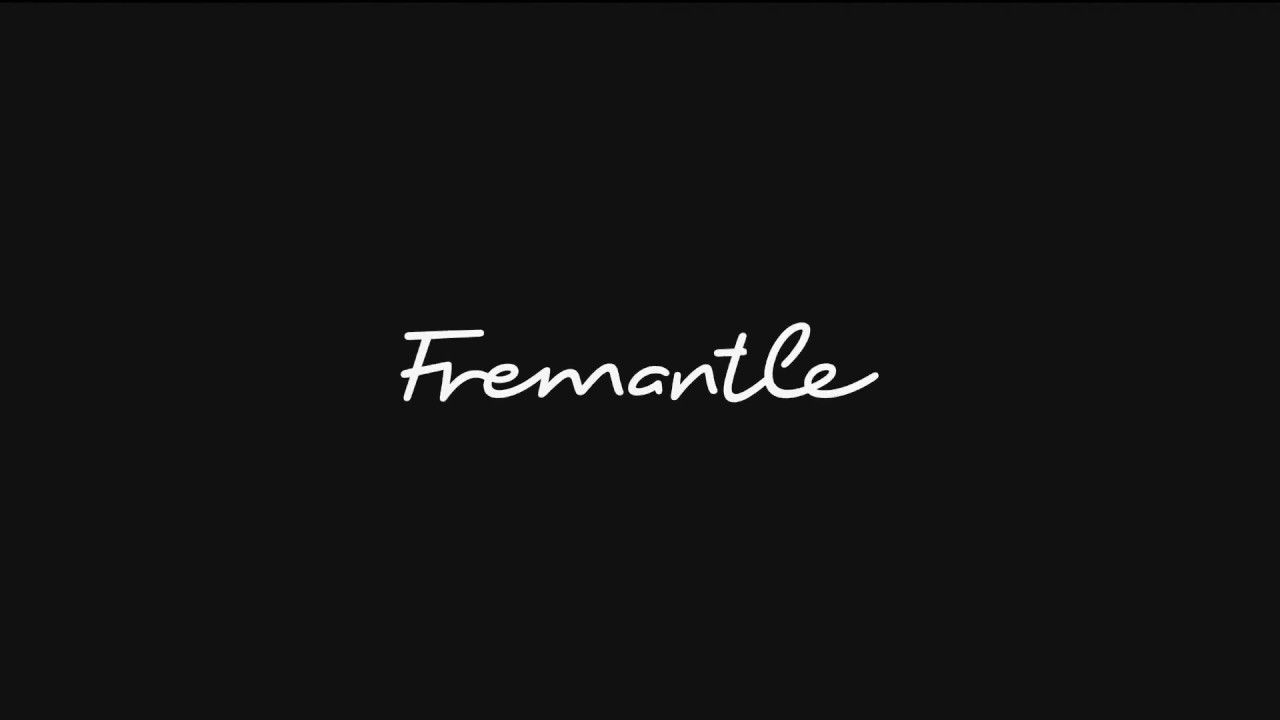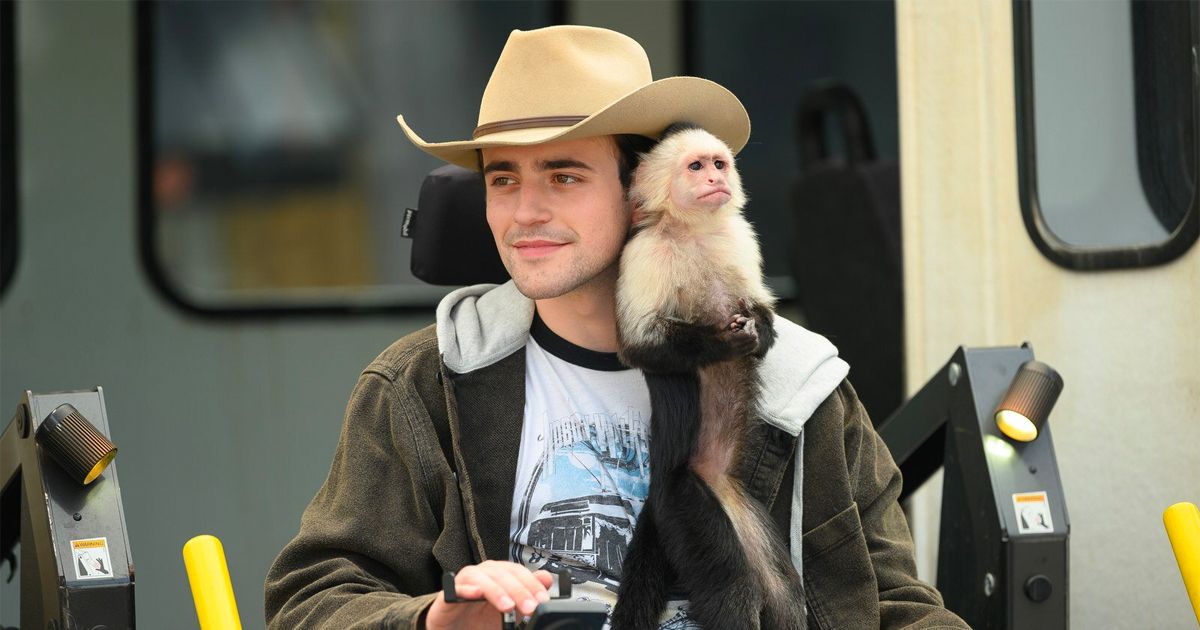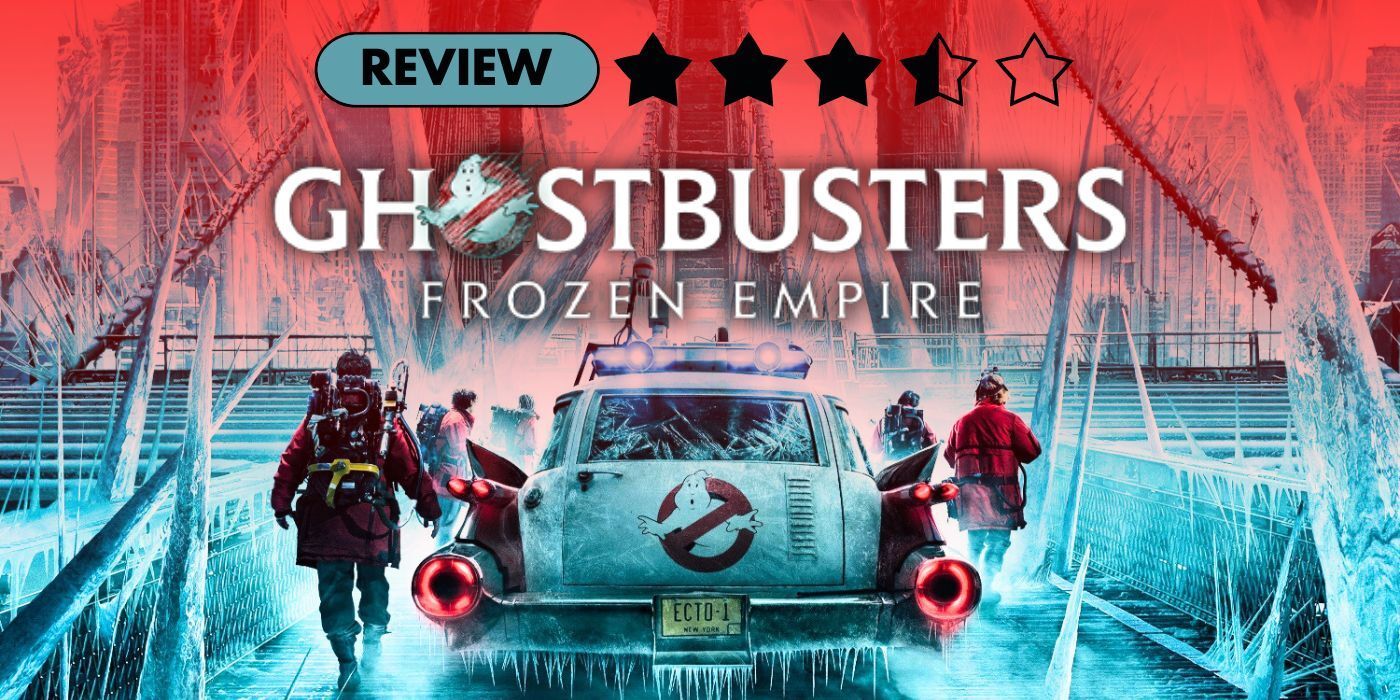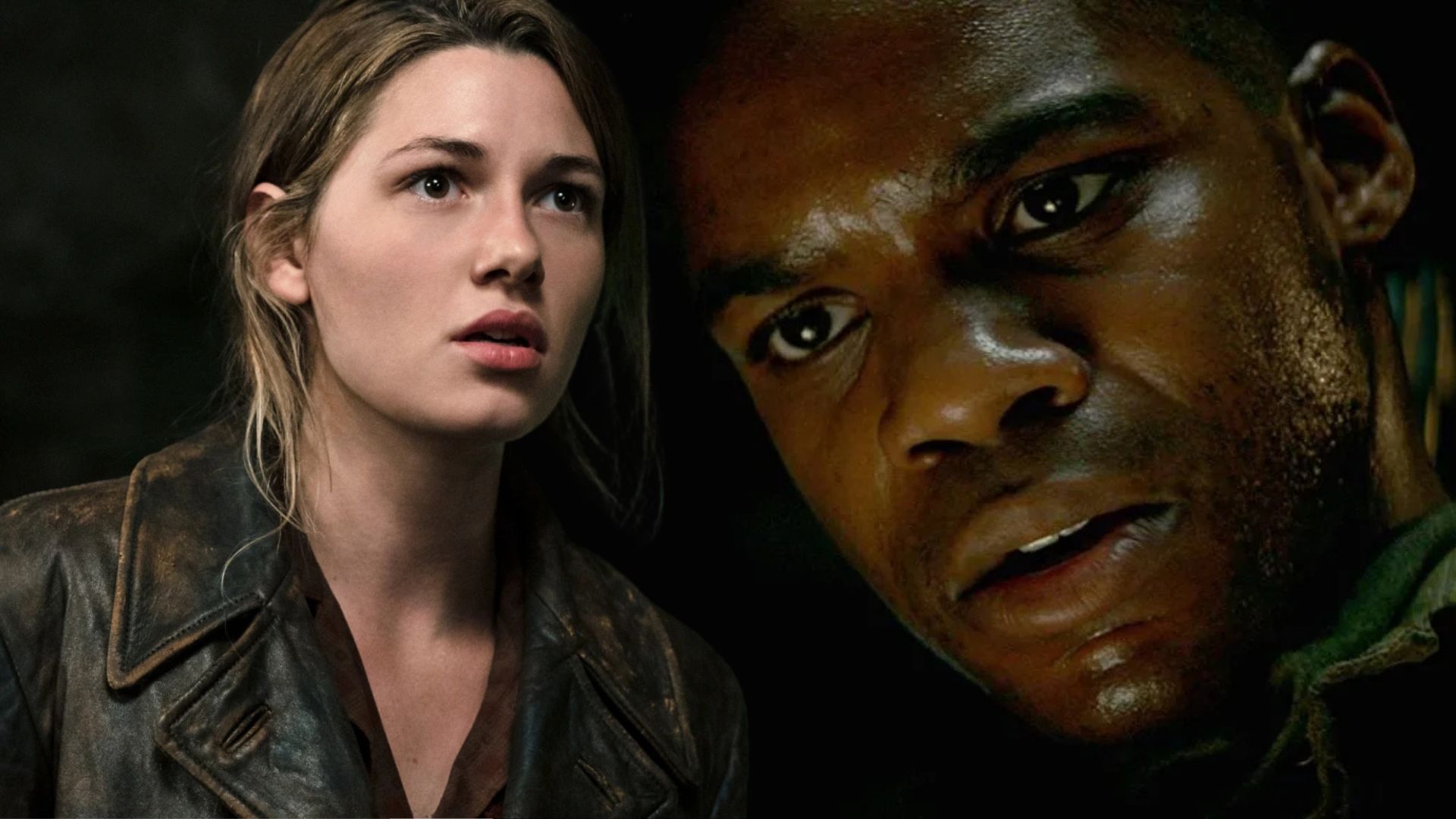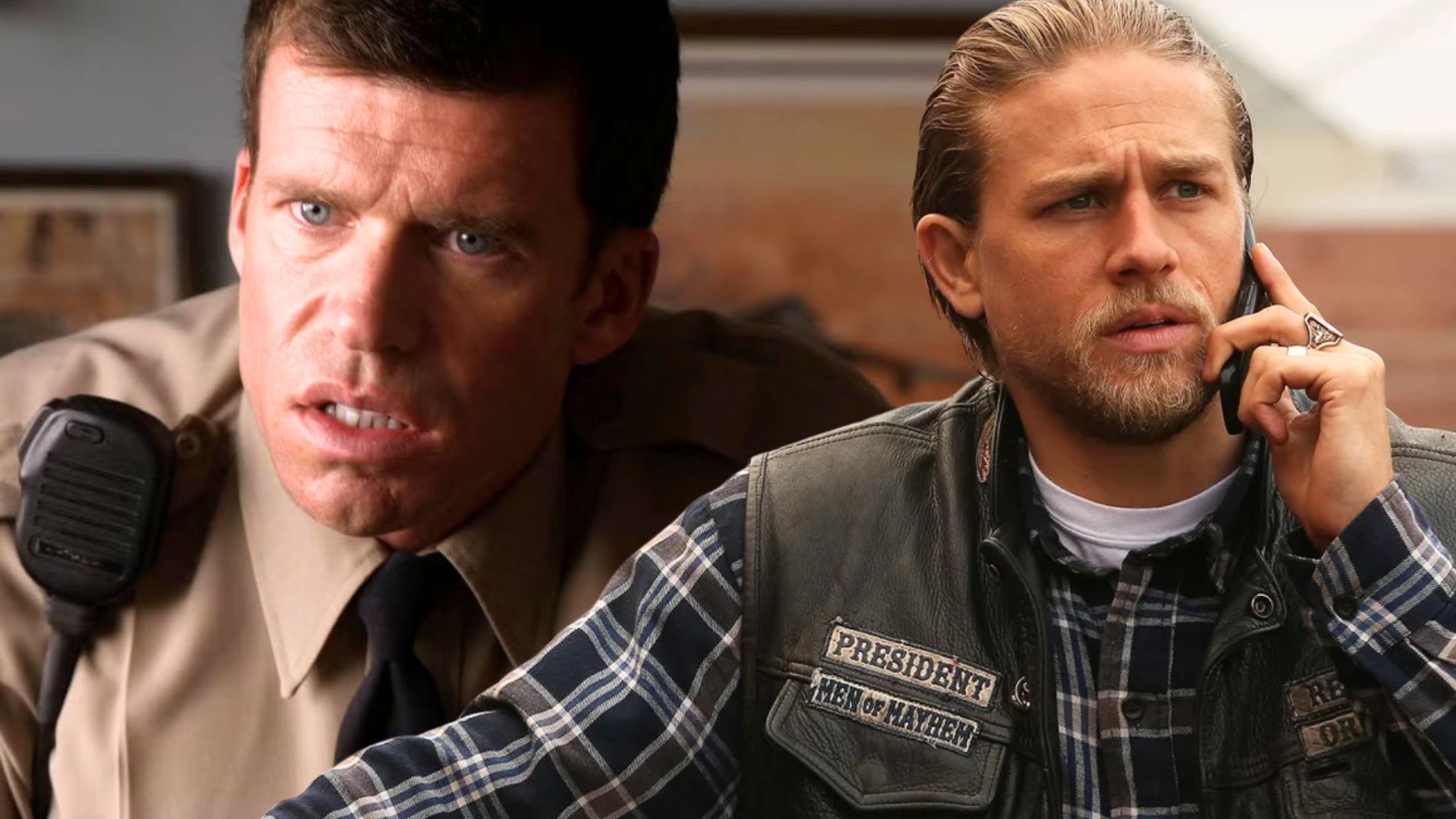Fremantle’s business model, which involves a cluster of companies mostly across Europe that they either own or are majority investors in, has seen an increase in their film output. At Venice last year, the company had two movies showing; this year, they have six films launching from the Lido. According to Variety, three of them are in competition, which is more than any of the U.S. studios or streamers.
“It’s a model where we acquire or we invest in independent labels. Our job is to make them stronger and bigger. I think the Variety of companies that we own and have invested in, in terms of geography and in terms of cultural focus is pretty unique. And there are times when all of this comes together in an interesting way. Venice is one of these. We have six movies screening here. What’s interesting is the diversity, because it shows a lot,” said Andrea Scrosati, group COO and continental Europe CEO of Fremantle.
There are Bones and All, an Italian production with an Italian director, but an English-language movie with an international cast. L’Immensità, which has an Italian director making an Italian movie with Penelope Cruz, a global star. The Eternal Daughter, starring Tilda Swinton in a dual role from the Dublin-based Element Pictures. Siccità is a global story but a very Italian movie. You also have two films from Horizons, Amanda and Notte Fantasma, which are also in partnership with another producer.
MOVIEWEB VIDEO OF THE DAY
“What’s happening today [in Venice] is the result of this strategy [of decentralization]. It’s happening faster than we expected. I think the reason for this is our model. If we were applying the historical U.S. studio model, ultimately all centralized, with one person green-lighting, we could not have gone from 8 to 32 delivered movies in two years.”
Related: Angelina Jolie to Adapt Revenge Thriller Without Blood After Signing New Deal with Fremantle
The Output
United Artists Releasing
According to Scrosati, Fremantle’s output has grown from 8 to 32 delivered movies in two years. While the company’s model accelerates production because there is a lot of creative exchange, there’s also a lot of exchange in terms of infrastructure. Scrosati said that it’s very much about giving labels the possibility to be entrepreneurial. That’s the reason behind the acceleration and what happened at Venice is a concrete demonstration of this.
“The key thing for us are our producers. That is the model. And I do think we have an original model. The amount of centralized infrastructure we give them is very high. We share the talent deals. We share the business intelligence. On the infrastructure side Olivia Slater, who was the head of production for Wildside, is now our global head of production. She was in Riga two days ago because we are shooting [Kirill Serebrennikov’s] Limonov there. But we are looking to use that set for something else. Since she’s across all the slate, that means you can connect the dots.”
Of course, as of now, Fremantle is primarily known for X Factor, Idol, and being active in the scripted TV space. Why are they ramping up the feature film side? According to Scrosati, there is greater demand for movies because they are consumed in so many different ways. There are more requests because there are more players, but that actually translates to the fact that you have audiences asking for movies since there consuming more movies at home.
“The big change occurred when during the pandemic streamer viewing switched to the TV set. When families started watching Netflix, Apple, Amazon and Disney on the TVs at home. Movies are for collective viewing. And ultimately what happens with multiple episode dramas is in many cases, when you get to episode three or four, the collective aspect starts to peter out and people start watching the rest alone. That doesn’t happen with a movie. This has generated very interesting data for streamers.”
You can view the original article HERE.

